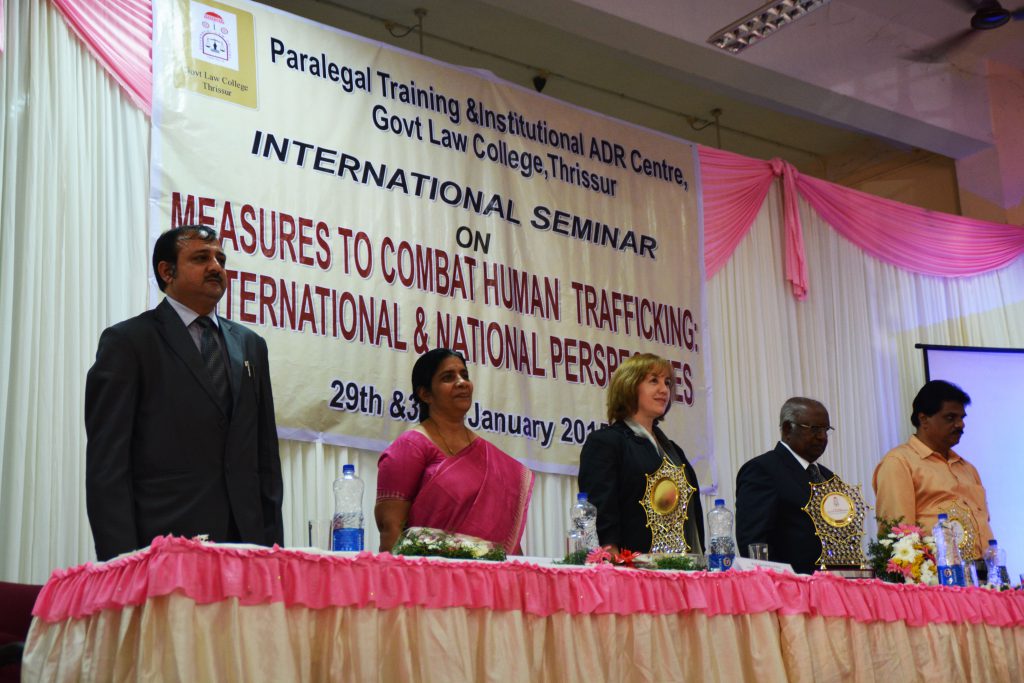
In January and February 2015, Professor Dr. Roza Pati, Founder and Director of the Human Trafficking Academy, and Executive Director of the LL.M./ J.S.D. Program in Intercultural Human Rights, visited India to participate in various seminars, symposia, distinguished guest lectures, roundtables as well as meetings with government officials and representatives of the Church of Malabar Syrian Catholics. She visited three States of Southern India, namely the State of Kerala, Karnataka and Tamil Nadu. Before her arrival, India’s national newspaper The Hindu announced her visit on January 13, on page two, as it also did on its online edition. Several other newspapers published in Hindi, Malayalam, Kannada and Tamil languages did the same.
During her visit, Professor Pati had the honor of sharing panels with three former Chief Justices of the Supreme Court of India on three separate occasions, as well as with the Chairman of the National Human Rights Commission of India, and the Director of the Indian Law Institute in New Delhi.
Professor Pati’s visit focused on three themes:
(1) the influence of culture in the application of human rights law;
(2) human trafficking law in the context of multi-cultural societies; and
(3) the role of academia and, more generally, civil society in combating human trafficking.
At her first appearance on January 16, 2015, at the University of Kerala, Department of Law in Thiruvananthapuram, at the international seminar on Human Trafficking and Exploitation of Children: Human Rights Dimensions, Professor Pati shared the panel with His Excellency P. Sathasivam, former Chief Justice of the Supreme Court of India and present Governor of the State of Kerala (the South Western State with the highest human development index, highest literacy rate at 93.19, highest life expectancy in the country and the least corrupt state, as noted by Transparency International). Other speakers included the Honorable Justice Chauan of the High Court of Kerala and former judge of the Supreme Court of India, the Vice Chancellor of the University of Kerala, Dr. Veeramanikandan, and Dr. K.C. Sunny, Dean of the Law Department. On the second day of the symposium, Professor Pati held the keynote address on Human Trafficking as Modern-day Slavery: The Doctrine and its Application.
On January 19, 2015, at the leading private law school in the state, the Kerala Law Academy, Professor Pati participated at the International Seminar on Human Rights Lawyering, organized by the Center for Advanced Legal Studies and Research and the Kerala Law Academy Law College. She shared the panel with Prof. Dr. Manoj Kumar Sinha, Director of the Indian Law Institute, New Delhi, the most prestigious legal institution in the country, and Adv. Nagaraj Narayanan, High Court of Kerala.
Her activity in Thiruvananthapuram, the capital city of Kerala, ended with a roundtable discussion with officials of the Department of Social Welfare of the Government of Keralaon issues related to Identification and Protection of Human Trafficking Victims in the context of the Indian culture as well as protection of children in state custody.
On January 21, 2015, in Changanacherry, Professor Pati was a distinguished speaker at St. Berchman College, an institution founded in 1922, and continuously regarded as a center of excellence in education at A+ level. The college is affiliated with the Mahatma Gandhi University. The event was organized by the Center for Human Rights Education. Professor Pati presented on The Notion of Intercultural Human Rights: Focusing on Cultural Dialogue While Implementing Human Rights.
Her visit to Changanacherry continued with a meeting with the Metropolitan Archbishop Mar Joseph Perumthottam, discussing issues of human rights education in Catholic schools and colleges.
On January 22, 2015, Professor Pati held an expert lecture on human rights at St. George’s College Aruvithura at the event titled Hominis Iura.
From January 23 to February 5, 2015, Professor Pati made the following appearances or presentations:
▪ Keynote Address at the seminar on Intercultural Human Rights in Indian Context: An Exploration at Marian College in Kuttikanam.
▪ Keynote Address on Role of Universities in Human Trafficking Law, Bharata Mata Institute of Management & Bharata Mata School of Social Work.
▪ Interaction with Higher Education Council Members of Syro Malabar Church at its Headquarters (having the tradition of 2000 Years, from AD 52).
▪ Meeting with the Head of the Syro-Malabar Catholic Church, His Eminence Cardinal George Alencherry.
▪ Keynote Address at the seminar on Measures to Prevent Human Trafficking: International and National Perspectives at Government Law College, Trissur.
▪ Keynote Address at the Kerala Judicial Academy at the Meeting of Judicial Officer Trainees and Law Enforcement Agencies on Human Rights and Human Trafficking Law: What Judges Need to Know organized by the High Court of Kerala.
▪ Programme at Christ University School of Law, Bangalore, Karnataka: Preside over Valedictory and served as Judge of the Final Round of Jessup International Law Moot Court Competition, India National Qualifying Rounds.
▪ Keynote Address at the National Conference on Human Rights: A Positive and Natural Edict at Karnataka State Open University School of Law.
Reflecting on her visit to India, Professor Roza Pati wrote and published an article titled: From the Graceful Sari to the Scourge of Dowry: Indian Women in the Crucible of Tradition, 8 Kerala U. J. of Legal Studies (2015).
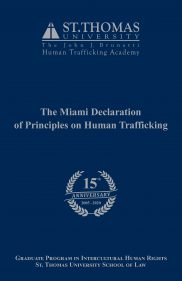
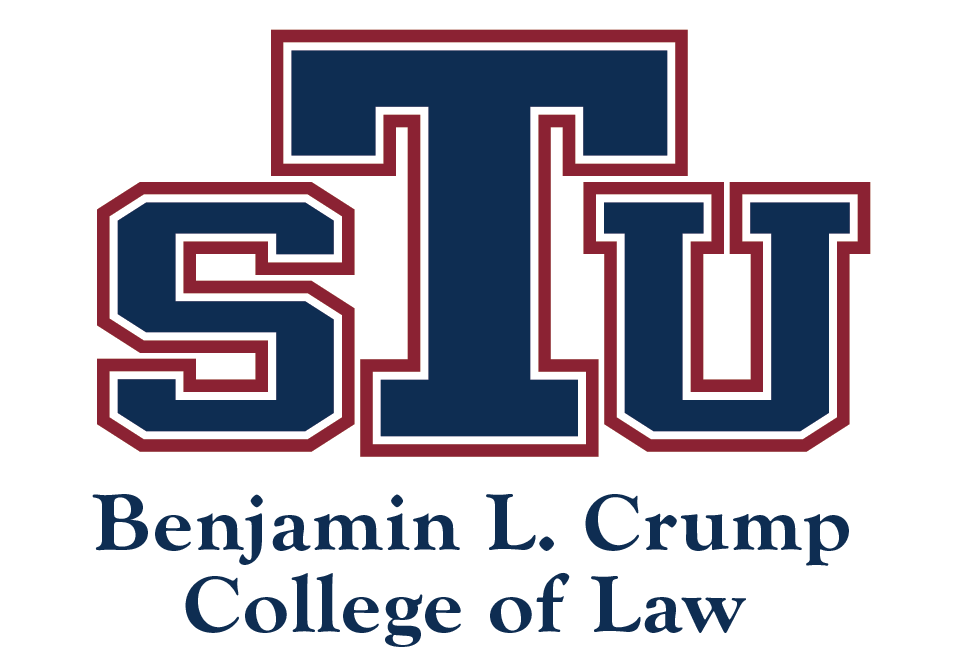

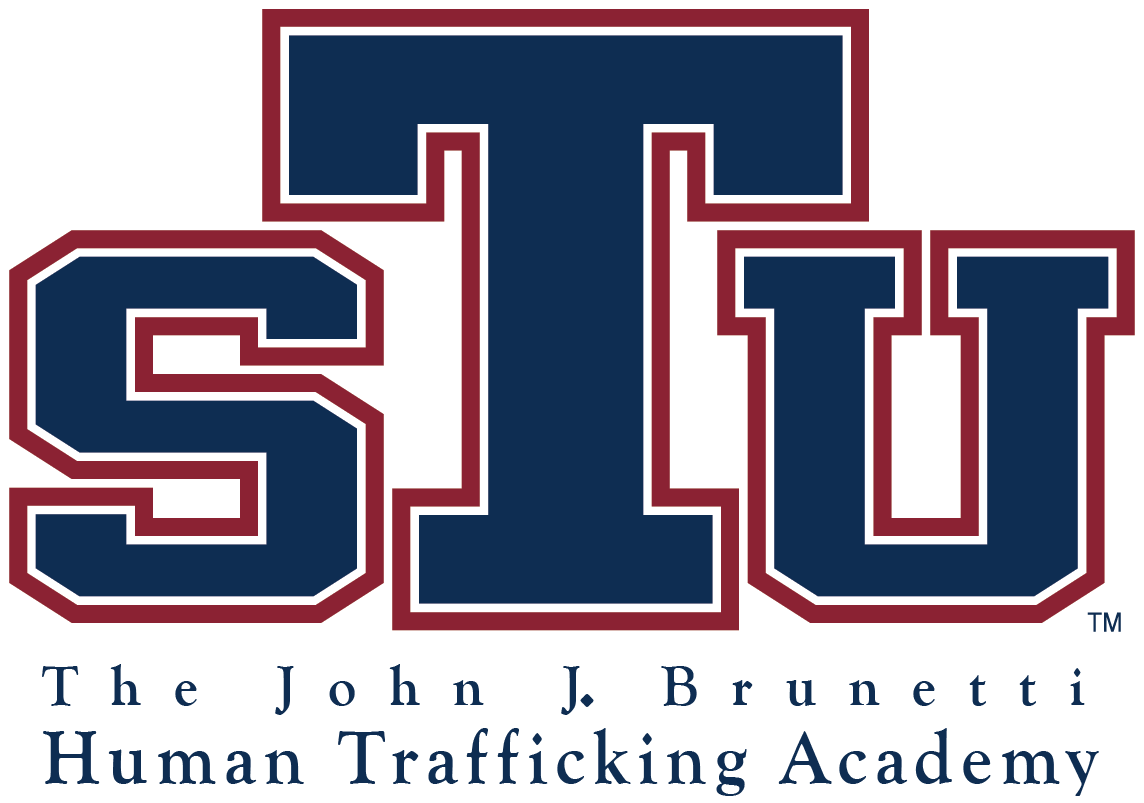
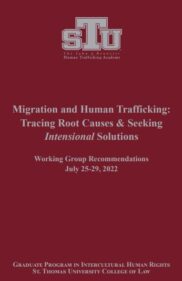
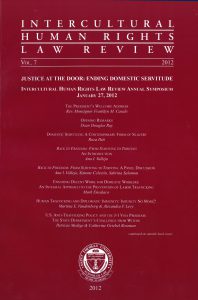
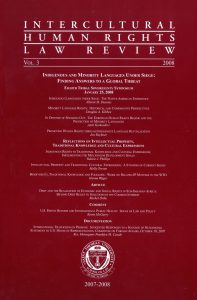
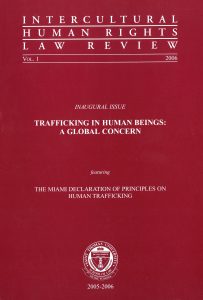
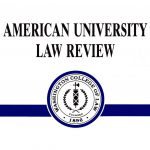
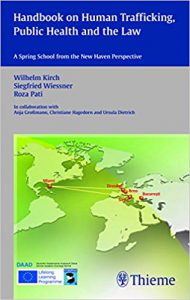
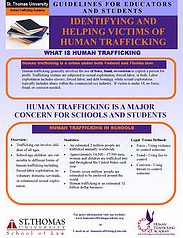
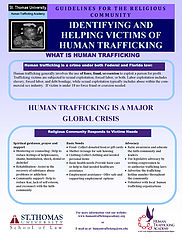
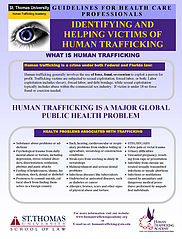
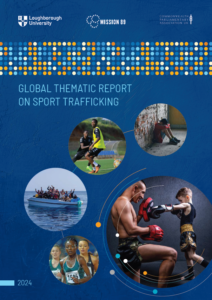
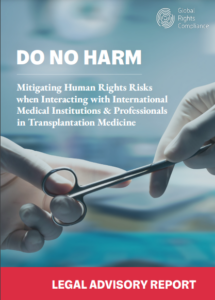

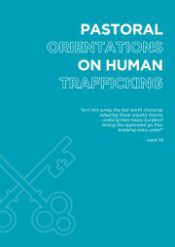
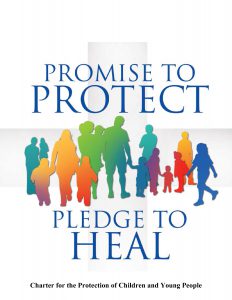
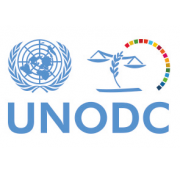
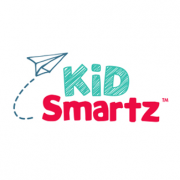
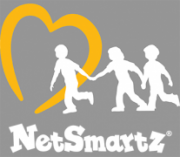
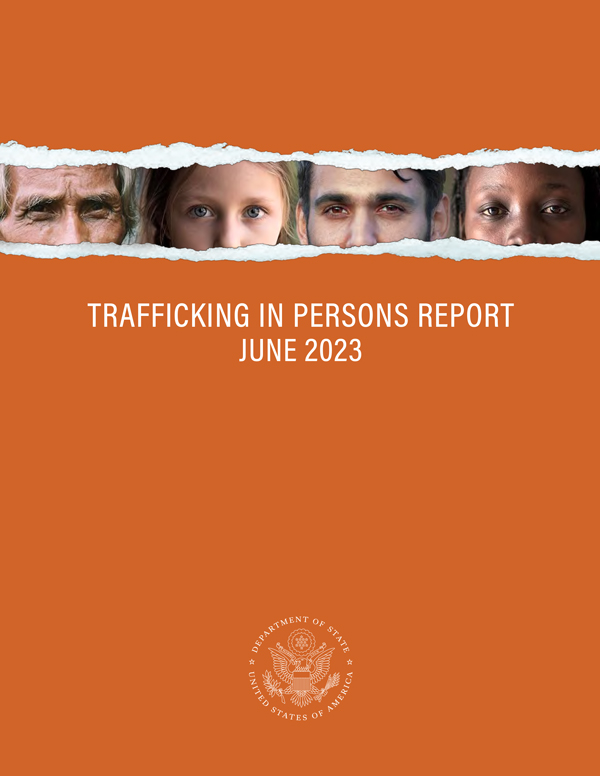
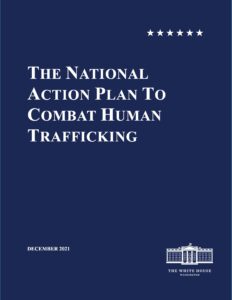
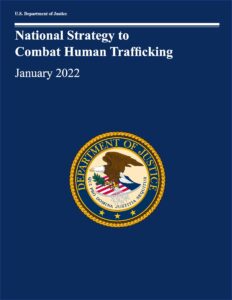
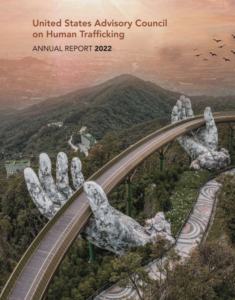
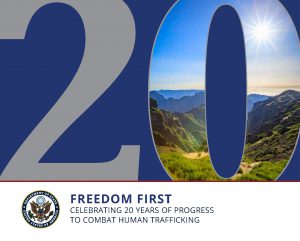

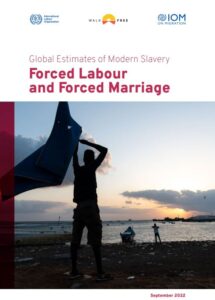
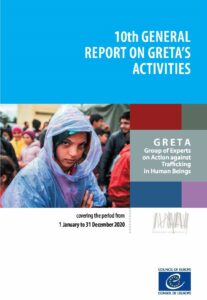
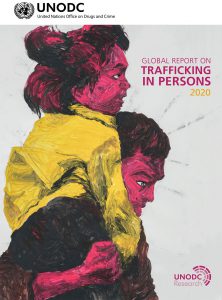
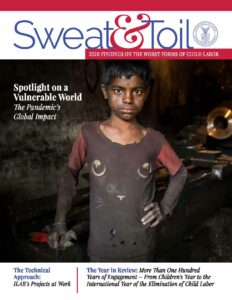
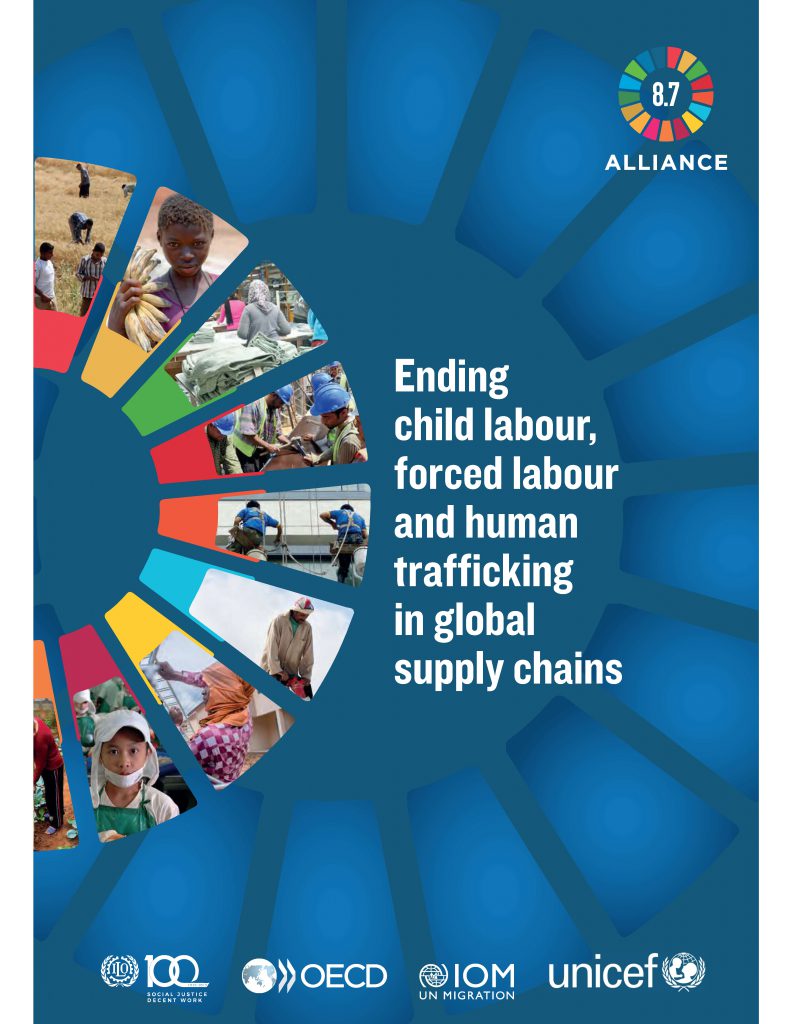
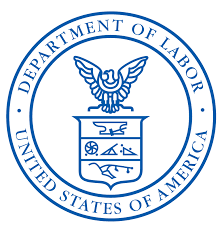
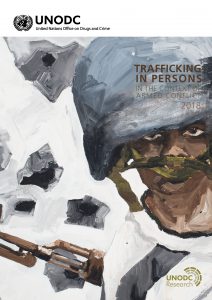
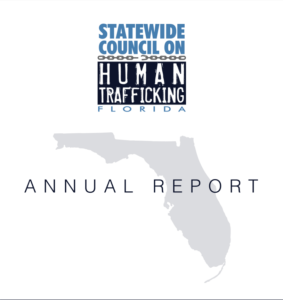
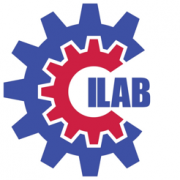
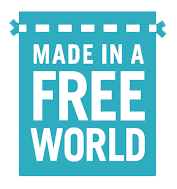
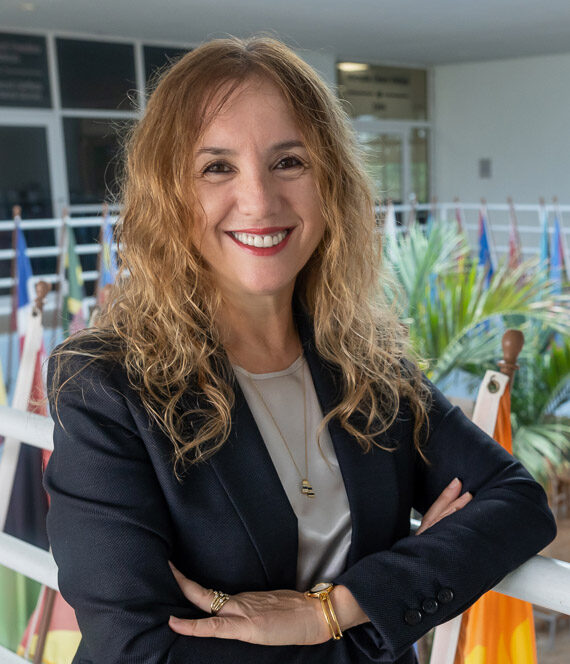 Prof. Dr. Roza Pati
Prof. Dr. Roza Pati

 The Honorable Kwami Adoboe-Herrera
The Honorable Kwami Adoboe-Herrera
 Professor Brendan M. Conner
Professor Brendan M. Conner  Professor Linh K. Dai
Professor Linh K. Dai



 The Honorable Bella Hounakey
The Honorable Bella Hounakey
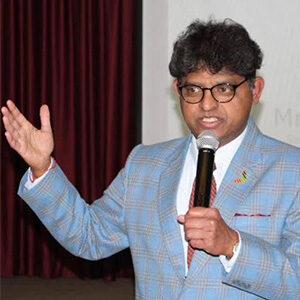 The Honorable Harold D’Souza
The Honorable Harold D’Souza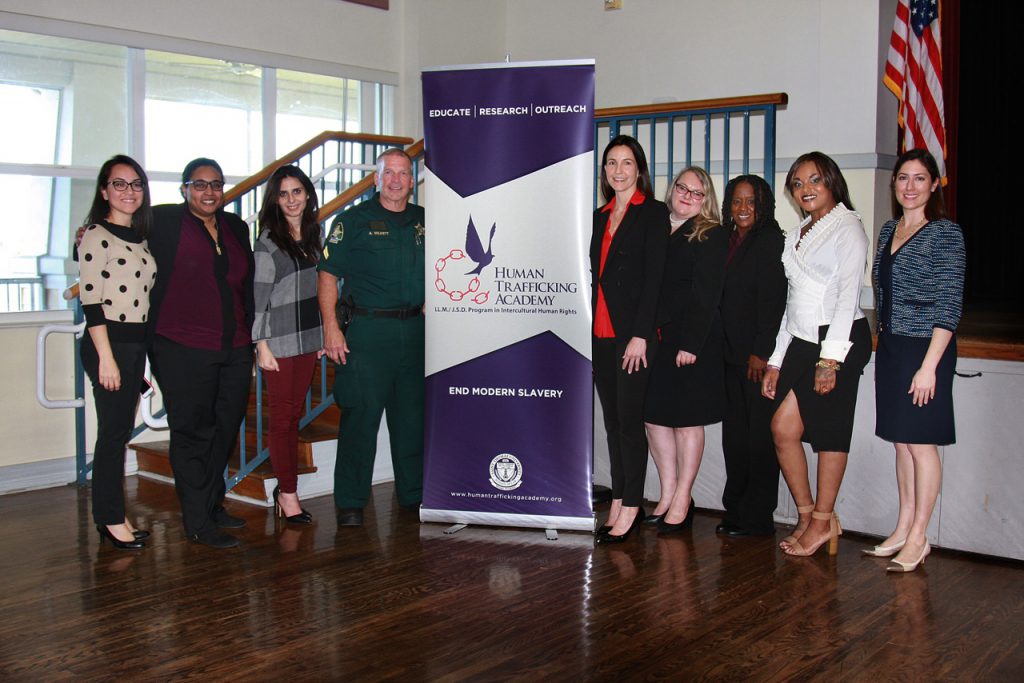

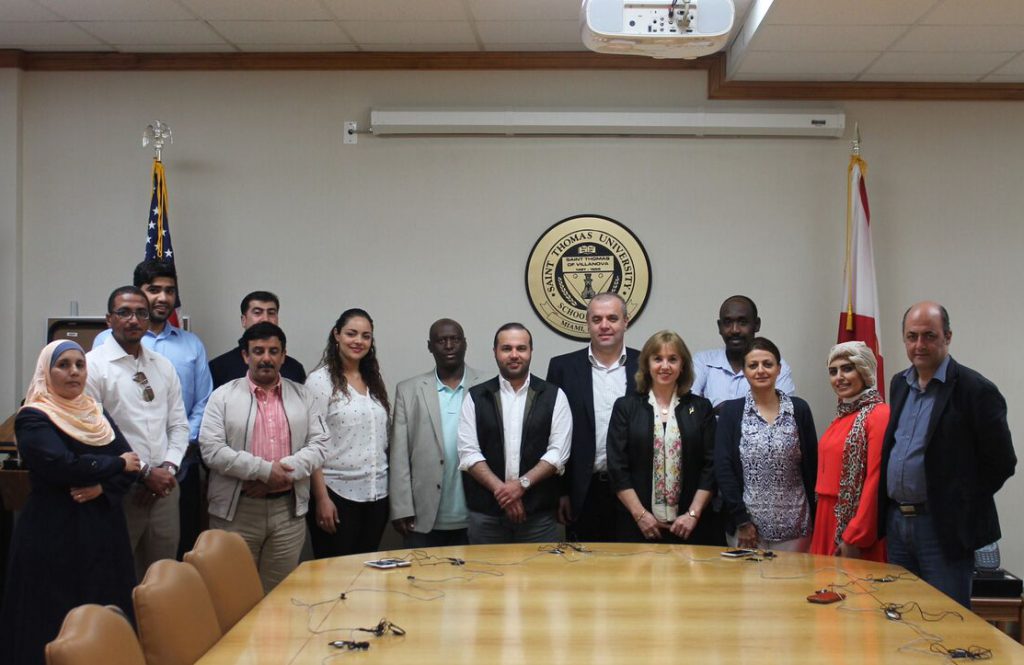
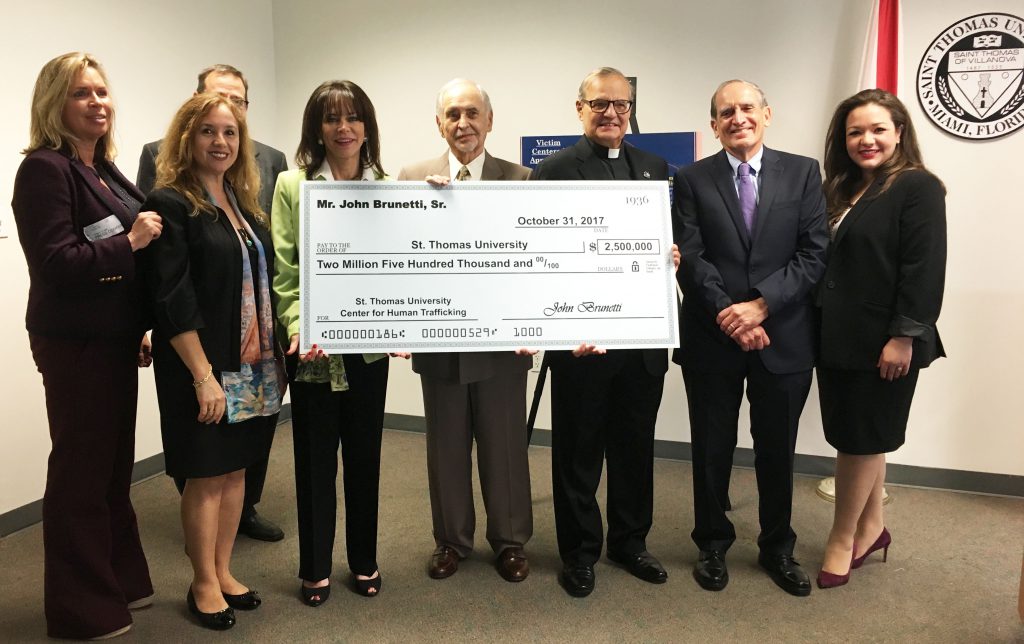
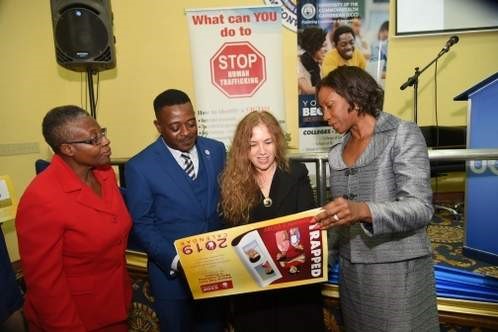
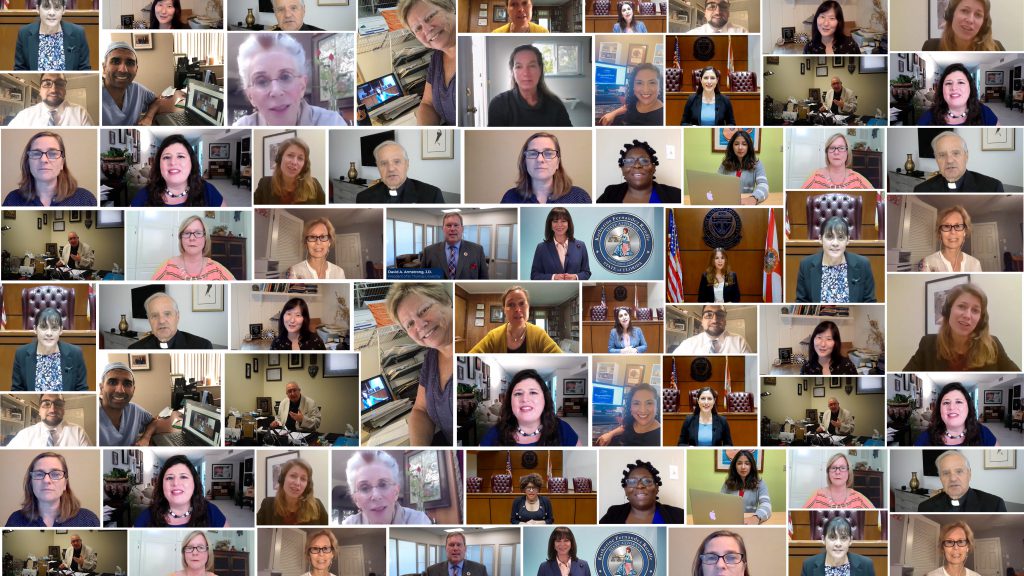
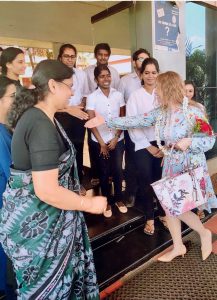
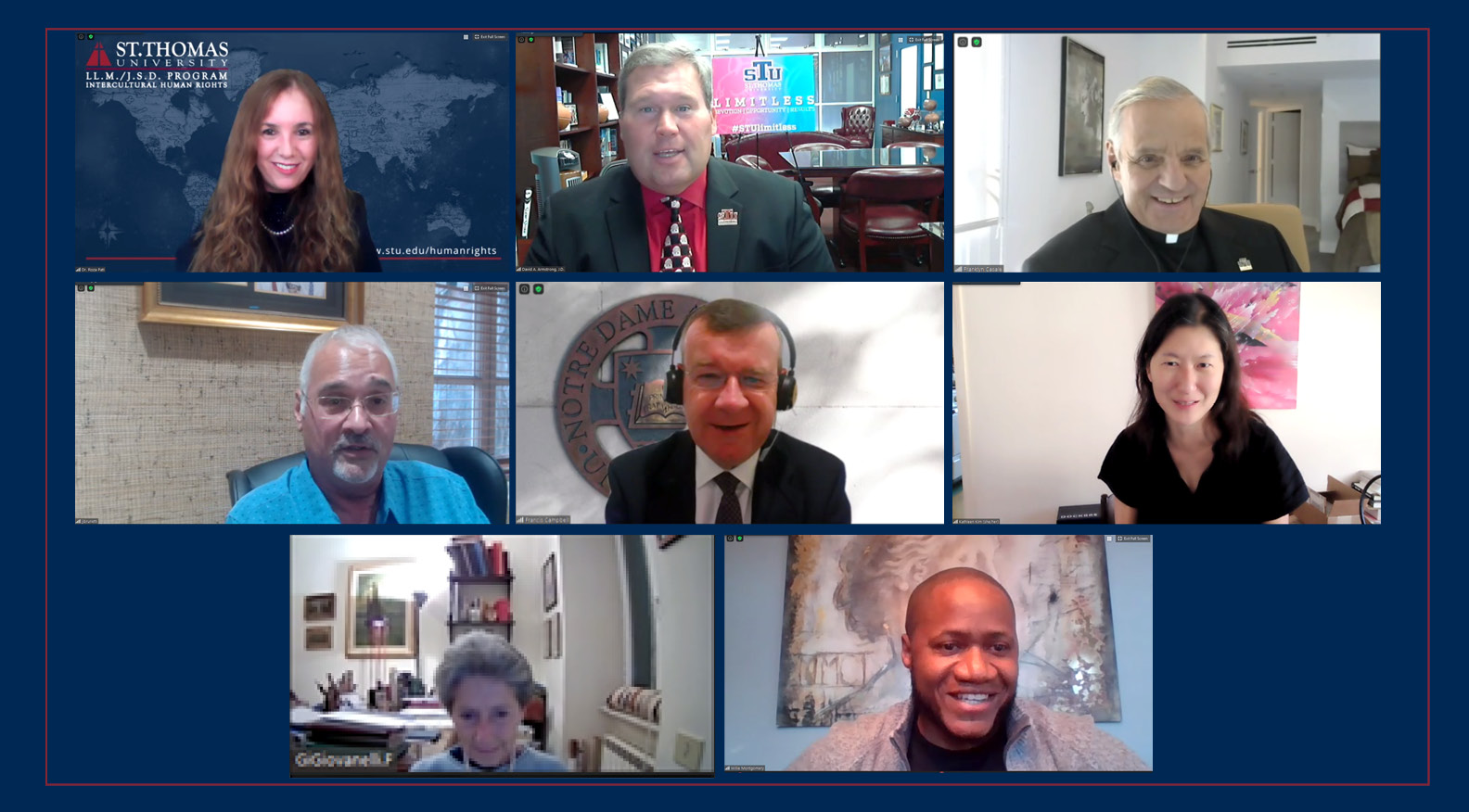
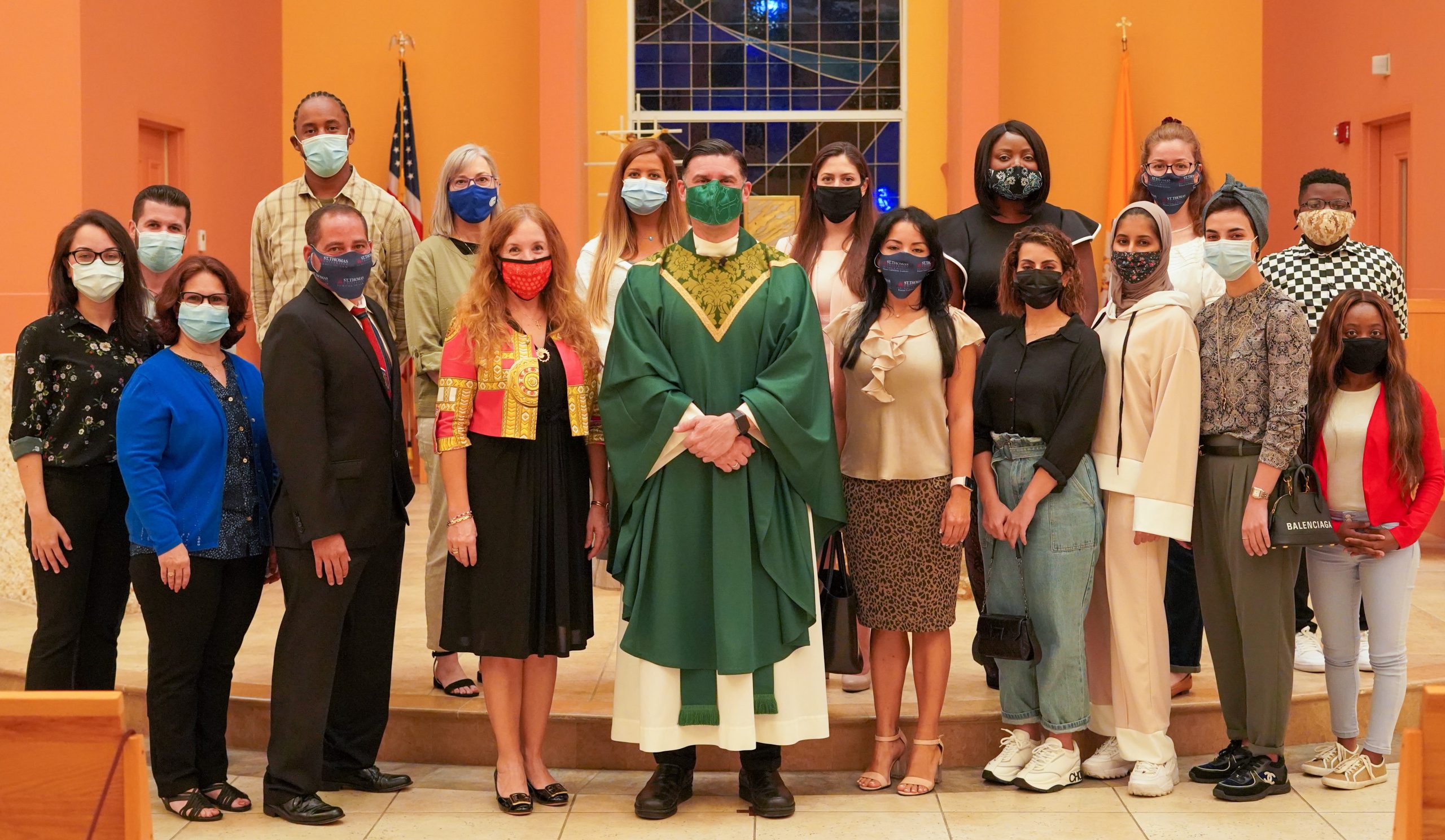
 Ramona D. Miller
Ramona D. Miller Detective Krysten Ridenour
Detective Krysten Ridenour
 The Honorable Amira D. Fox
The Honorable Amira D. Fox Juliana Diaz, LMHC
Juliana Diaz, LMHC Crystal Lee Hamilton
Crystal Lee Hamilton Erika Pineros, LMHC
Erika Pineros, LMHC M. Kazam Hashimi
M. Kazam Hashimi
 Maryem Reyes
Maryem Reyes
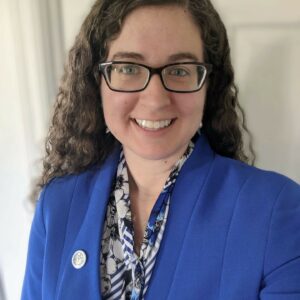 Jennifer Reyes Lay
Jennifer Reyes Lay Sloane Davidson
Sloane Davidson
 Ana I. Vallejo, Esq.
Ana I. Vallejo, Esq. The Honorable Suamhirs Piraino-Guzman
The Honorable Suamhirs Piraino-Guzman Caroline Chisholm
Caroline Chisholm Imelda Medina, MD, MPH
Imelda Medina, MD, MPH
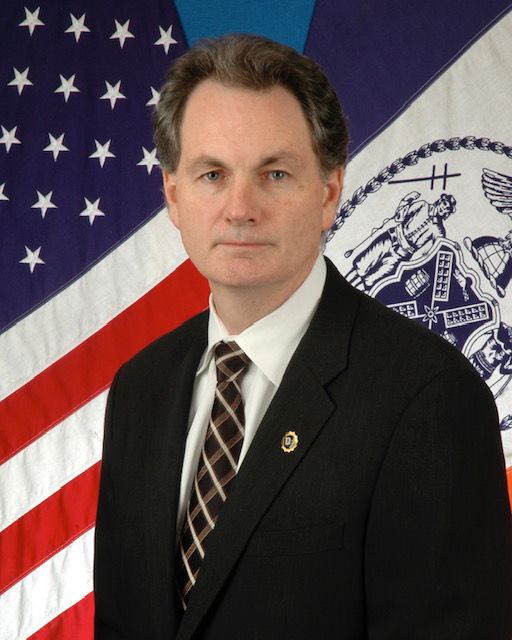
 Kutisha T. Ebron
Kutisha T. Ebron The Honorable Kwami Adoboe-Herrera
The Honorable Kwami Adoboe-Herrera Rebekah Charleston
Rebekah Charleston
 Maria Florencia Cornu Laport, Esq.
Maria Florencia Cornu Laport, Esq.





 Maria Vega
Maria Vega




 Gabriela DeBellis
Gabriela DeBellis Lerina Bright
Lerina Bright

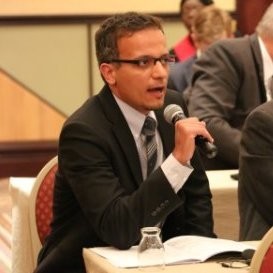

 Ronke Giwa Onafuwa
Ronke Giwa Onafuwa




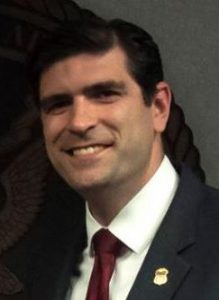

 Myriam Mézadieu
Myriam Mézadieu Thear Suzuki
Thear Suzuki Mary Anne Silvestri
Mary Anne Silvestri

 Susan Patterson
Susan Patterson Jordan Bruxvoort
Jordan Bruxvoort